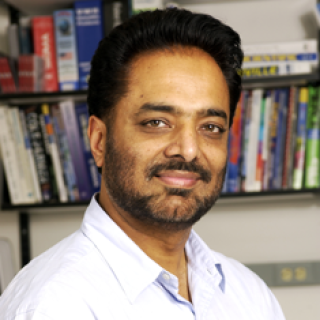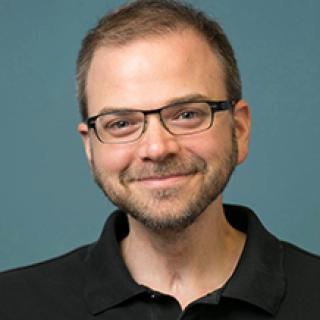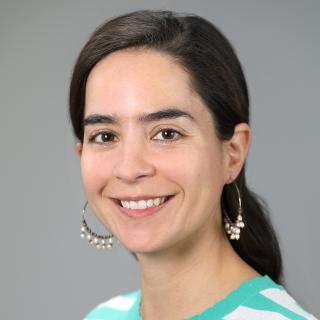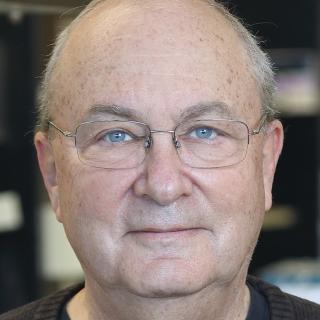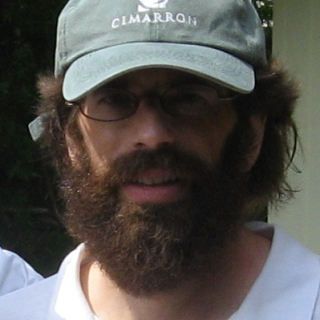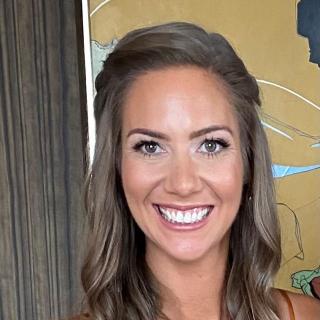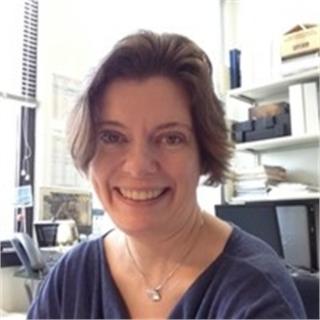Laboratory of Biochemistry and Molecular Biology
Laboratory of Biochemistry and Molecular Biology
About
The Laboratory of Biochemistry and Molecular Biology (LBMB) carries out research into the mechanisms that govern cell growth, division, differentiation, and homeostasis, with a particular emphasis on chromosome biology and the cell nucleus. Our program plays a crucial role in understanding cancer biology, as many fundamental cellular processes we research—such as cell division, DNA replication, chromosome segregation and nuclear organization—are often disrupted in cancer cells. By exploring these mechanisms, we seek to identify potential therapeutic targets and develop innovative strategies for cancer treatment. The LBMB promotes an interdisciplinary approach, utilizing techniques from biophysics, biochemistry, genetics, and cell biology within an interactive and collaborative research environment to address problems of fundamental importance.
Understanding Uniparental Disomy
Research Interests
Shiv Grewal investigates the fundamental mechanisms governing the assembly and epigenetic inheritance of heterochromatin, a repressive form of chromatin that prevents improper gene expression and maintains genome stability, with profound implications for cancer and various other human diseases. His groundbreaking work has established the pivotal role of histone methylation patterns in the organization of chromosomes into distinct domains, and his seminal discovery that heterochromatin can propagate itself in cis through a “read-write” mechanism both during mitosis and meiosis has revolutionized the understanding of epigenetic inheritance. Grewal elucidated the connection between RNA interference and heterochromatin assembly. Moreover, his discovery of conserved nuclear RNA processing machinery involved in facultative heterochromatin assembly has opened new avenues for understanding how epigenetic modifications affect cellular behavior, offering promising prospects for developing innovative cancer treatments targeting epigenetic pathways.
Yawen Bai investigates the mechanism of protein folding and chromatin dynamics using biophysical techniques, including nuclear magnetic resonance (NMR). His research is focused on determining high-resolution structures of protein folding intermediates, histone variants in complex with their chaperones, and nucleosomes in complex with nucleosome-binding proteins. His laboratory also helps other NCI investigators determine the structures of proteins to aid in cancer drug design.
Alex Kelly investigates the mechanisms by which chromatin structure and modification coordinate the key events of mitosis. He employs a combination of biochemical reconstitution, structural biology and cell biology to understand how localized biochemical reactions on chromosomes are initiated and controlled to ensure high-fidelity chromosome segregation.
Joana Vidigal is examining the mechanisms through which small noncoding RNA pathways regulate gene expression during animal development, tissue homeostasis, and disease.
Chongyi Chen investigates the mechanistic link between DNA topology, chromatin structure and gene expression, from a single-cell and genome-wide perspective. The lab develops and employs cutting-edge technology in single-cell omics and imaging to study chromosome biology in mammalian systems.
Mardo Kõivomägi investigates how cyclin-dependent kinase complexes, which are dysregulated in cancer cells, drive cell division. He integrates quantitative biochemistry with chromosome biology approaches to uncover new biochemical mechanisms that could be targeted by small molecule compounds or therapeutic peptides.
Emeritus Scientists
Michael Lichten investigated mechanisms of DNA damage repair and homologous recombination, focusing on meiotic recombination. He studied the impact of chromatin structure, chromosome structure, and chromosome replication on the distribution and outcome of meiotic recombination events. He also explored the roles of DNA repair, the DNA damage response, and cell cycle regulatory proteins in homologous recombination.
Job Vacancies
| Position | Degree Required | Contact Name | Contact Email |
|---|---|---|---|
| Postdoctoral Fellow - RNA biology, cancer | Ph.D. or equivalent | Joana Vidigal | joana.vidigal@nih.gov |
| Postdoctoral Fellow - Gene Regulation and Nuclear Organization | Ph.D. or equivalent | Pedro Rocha | pedro.rocha@nih.gov |
News
Learn more about CCR research advances, new discoveries and more
on our news section.
Contact
Contact Info
Center for Cancer Research National Cancer Institute
- Building 37, Room 6068
- Bethesda, MD 20892-4260
- 240-760-6582
